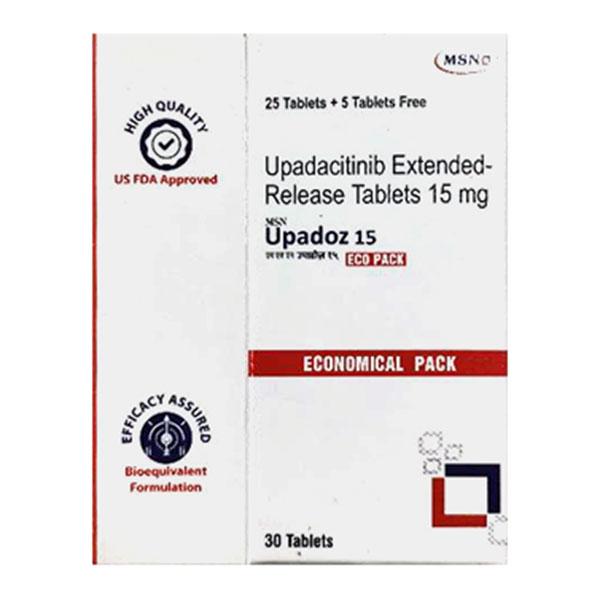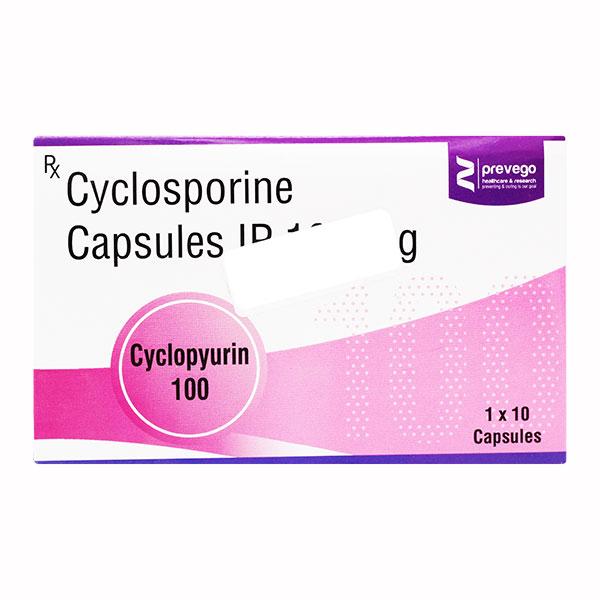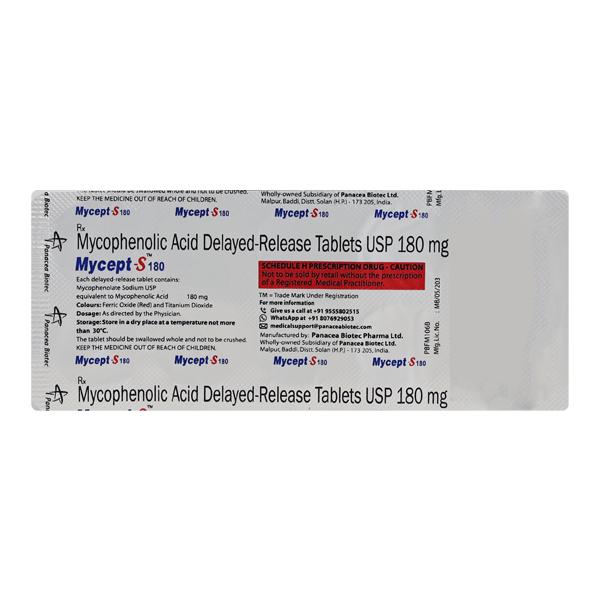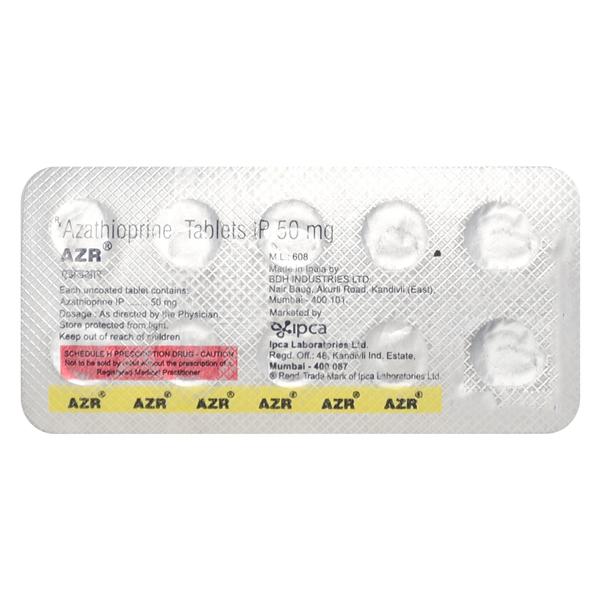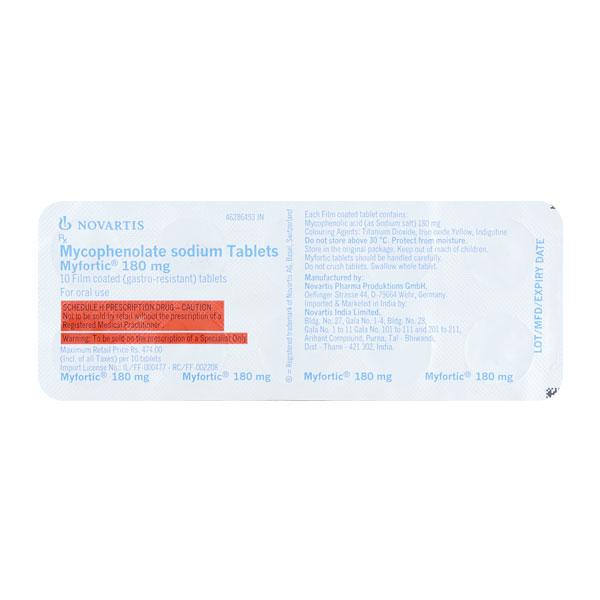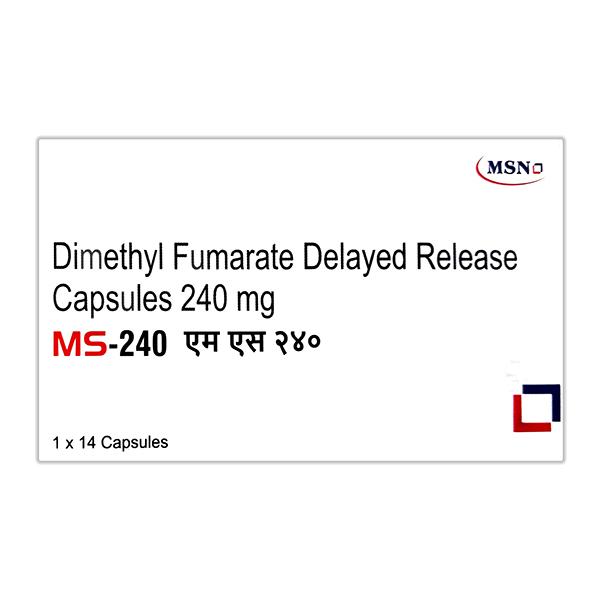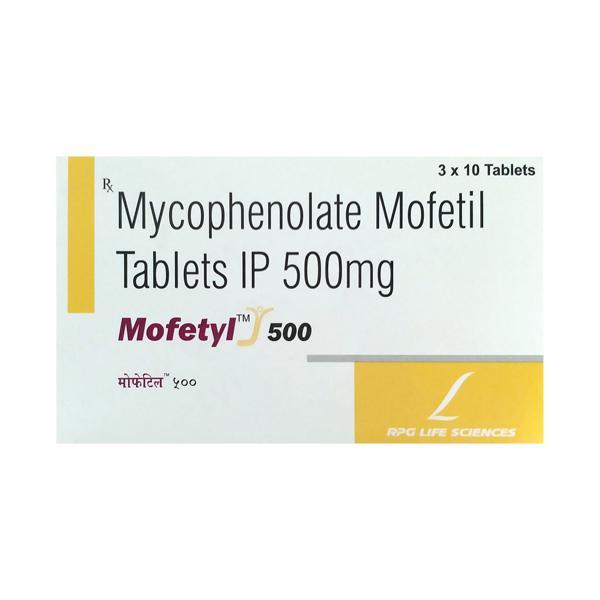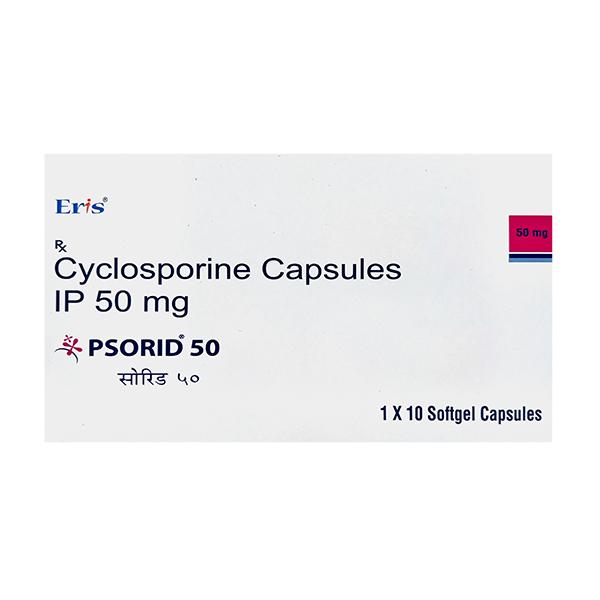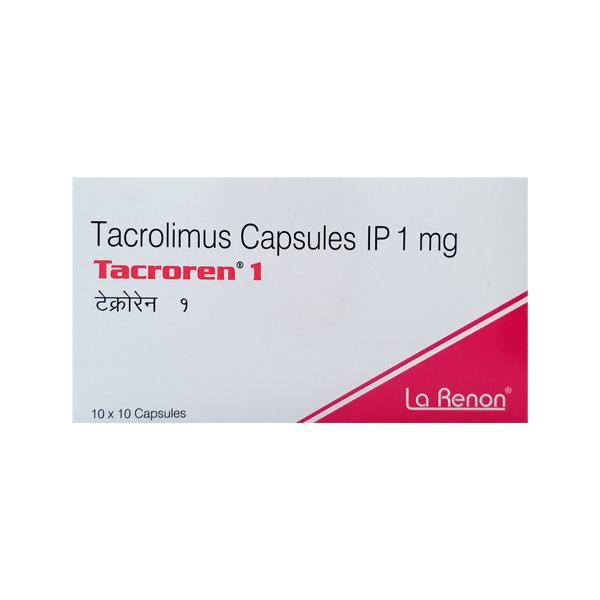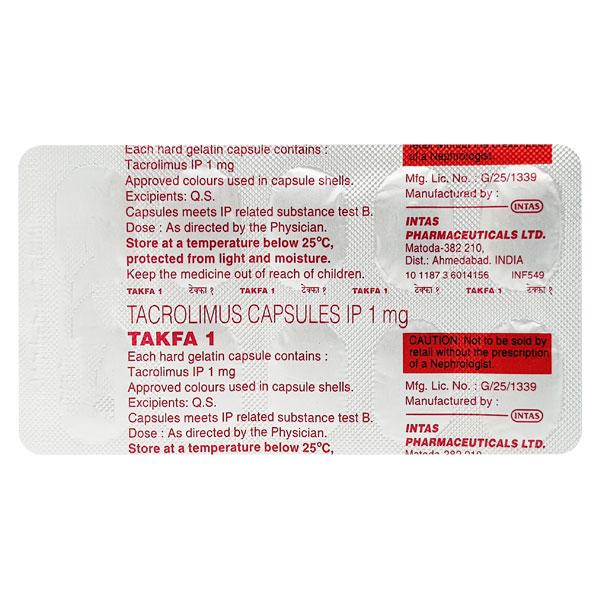


Auto Immune Disease Medicines
Showing results in 'Auto Immune Disease Medicines'
CYCLOPYURIN 100 Capsule 10's

Auto Immune Disease - Overview
Autoimmune diseases are a group of disorders in which the immune system mistakenly attacks and damages healthy tissues in the body. The immune system normally fights off foreign invaders, such as viruses and bacteria, but in autoimmune diseases, it can't distinguish between foreign substances and healthy tissues. This leads to damage to various organs and tissues, and also causes inflammation.
Rheumatoid arthritis, multiple sclerosis, Systemic Lupus Erythematosus, Hashimoto's Thyroiditis, Graves' Disease, Inflammatory Bowel Disease, Psoriasis are few examples of autoimmune diseases. These diseases can be chronic, meaning they last for years or even a lifetime, and can cause a range of symptoms such as joint pain, fatigue, skin rashes, and more. Treatments vary with respect to the specific autoimmune disease and may include medications, lifestyle changes, and sometimes, immune system suppression. In certain cases, when oral medications are insufficient, doctors may administer autoimmune injections to deliver targeted treatment and alleviate autoimmune-related inflammation.
Who Gets Autoimmune Diseases?
Autoimmune diseases can affect anyone, regardless of age, gender, or ethnicity. However, some autoimmune diseases are more prevalent in certain groups. For example, lupus is more common in women of childbearing age, while multiple sclerosis tends to affect young adults. Some autoimmune diseases may have a genetic component, and a family history of autoimmune diseases can increase the risk of developing one.
Medicine For Autoimmune Disease
Treatment for autoimmune diseases typically involves medication causing immune system suppression and helps reduce inflammation. Medications such as corticosteroids, disease-modifying anti-rheumatic drugs, non-steroidal anti-inflammatory drugs, and biologic agents may be used to slow the progression of the disease. Also, autoimmune tablets are prescribed to manage symptoms and suppress the overactive immune response associated with the disorders. It's important to work closely with your doctor to determine the best treatment plan for managing autoimmune diseases and to monitor any potential side effects of the medications.
References:
- https://www.niehs.nih.gov/health/topics/conditions/autoimmune/index.cfm#:~:text=A%20healthy%20immune%20system%20defends,and%20even%20turning%20life%2Dthreatening.
- https://www.womenshealth.gov/a-z-topics/autoimmune-diseases
- https://www.hopkinsmedicine.org/health/wellness-and-prevention/what-are-common-symptoms-of-autoimmune-disease
- https://www.elsevier.com/books/autoimmune-disease-models/cohen/978-0-08-091736-8


